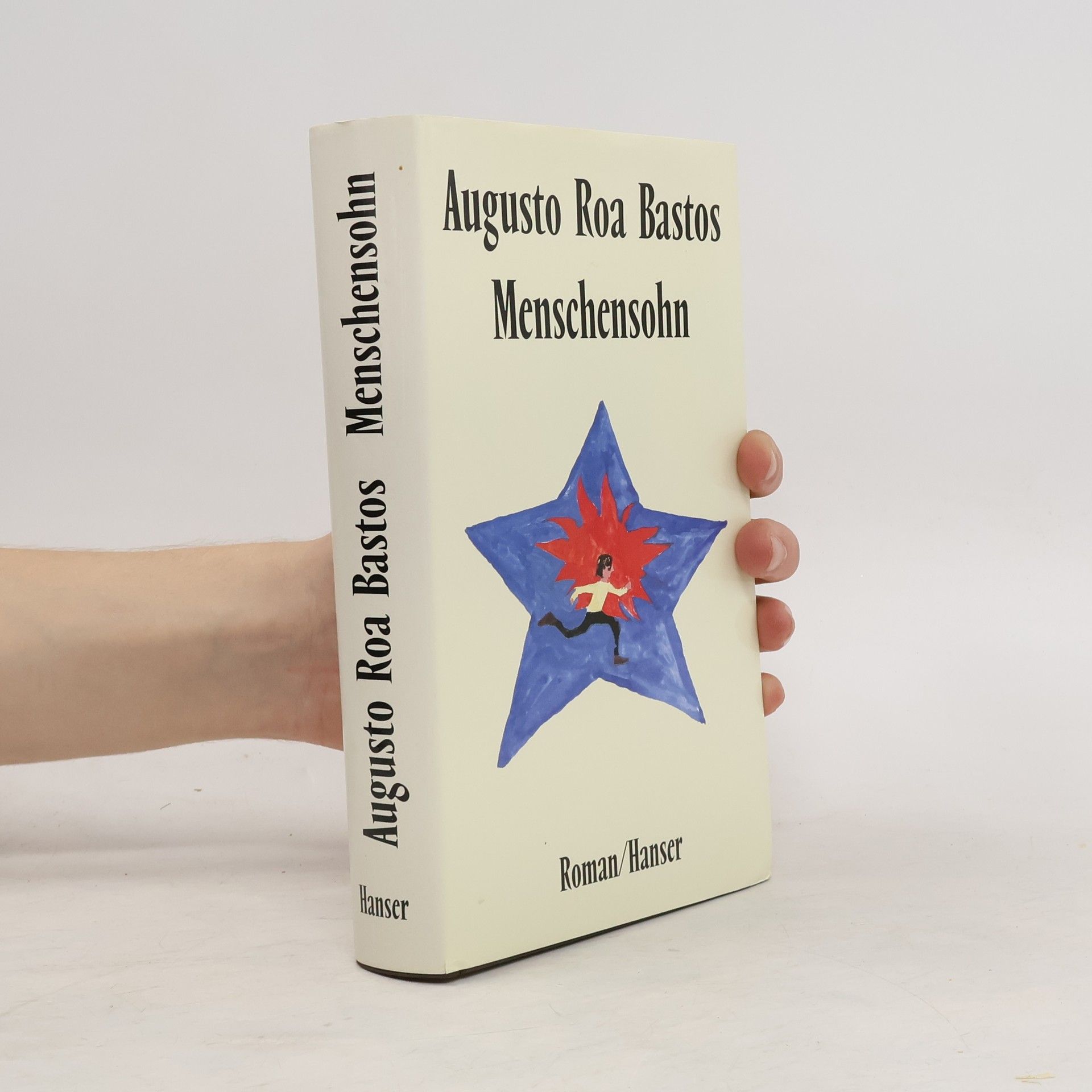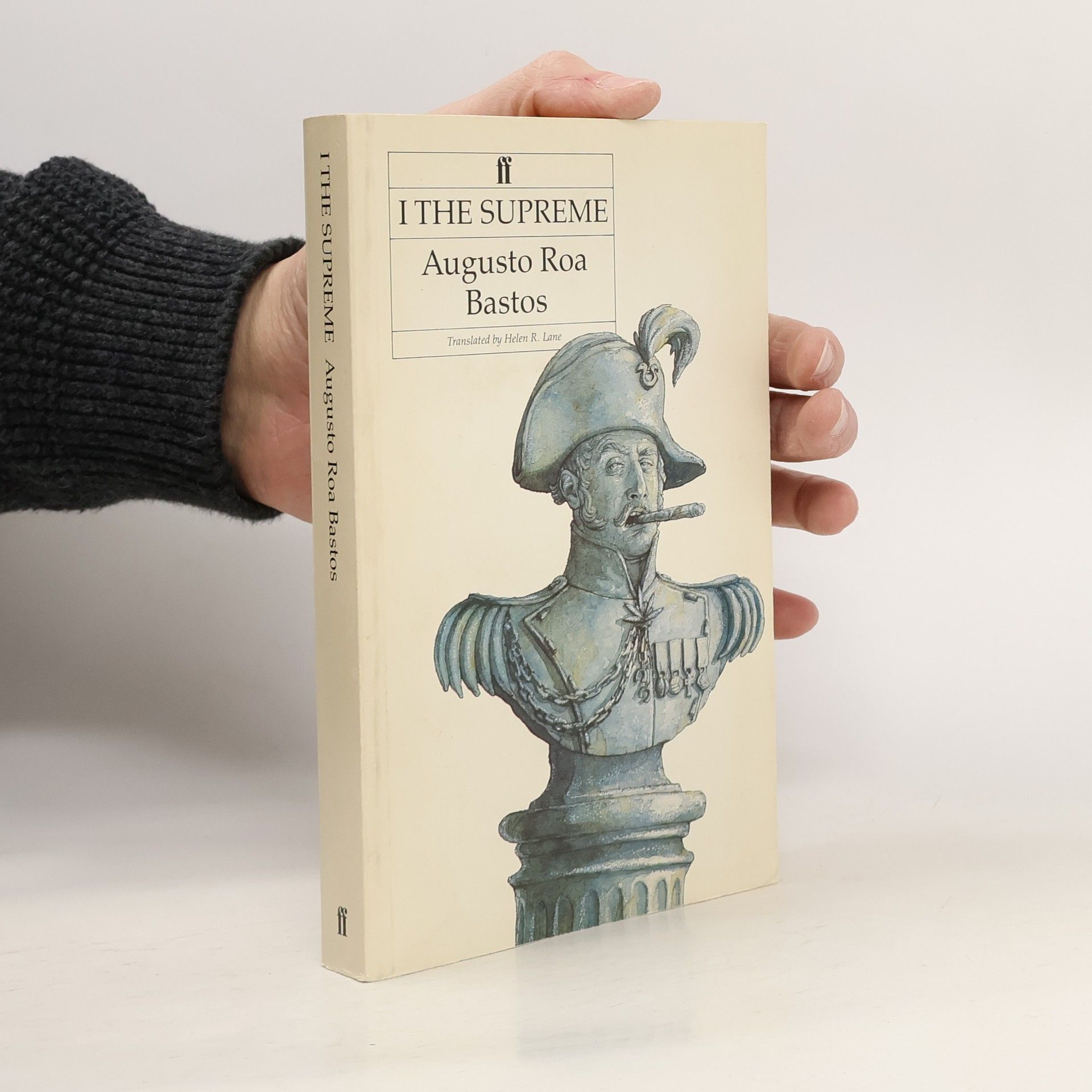Von der Unterdrückung zur Befreiung: in Roa Bastos' packendem Roman wird die grausame Geschichte Paraguays aufgerollt, vom blutigen 19. Jahrhundert über den Bauernaufstand des Jahres 1912 bis zur Präsidentschaft Stroessners. Ein farbenreiches, spannendes Buch, das mit Hundert Jahre Einsamkeit von Gabriel García Márquez zu den bleibenden Zeugnissen der modernen lateinamerikanischen Literatur gehört.
Trilogia sul monoteismo del potereSerie
Questa serie si addentra nella complessa e spesso brutale storia del Sud America, concentrandosi su periodi bui di dittatura e oppressione politica. Gli autori esaminano le strutture di potere e il loro impatto sulla vita umana, spesso attraverso racconti epici di famiglie e nazioni. I libri sono caratterizzati da una profonda ricerca storica e da evocative rappresentazioni della psicologia del potere. Questa è una lettura immersiva per gli amanti della storia e dei thriller politici.



Ordine di lettura consigliato
- 1
- 2
I the Supreme
- 448pagine
- 16 ore di lettura
I the Supreme imagines a dialogue between the nineteenth-century Paraguayan dictator known as Dr. Francia and Policarpo Patiño, his secretary and only companion. The opening pages present a sign that they had found nailed to the wall of a cathedral, purportedly written by Dr. Francia himself and ordering the execution of all of his servants upon his death. This sign is quickly revealed to be a forgery, which takes leader and secretary into a larger discussion about the nature of truth: “In the light of what Your Eminence says, even the truth appears to be a lie.” Their conversation broadens into an epic journey of the mind, stretching across the colonial history of their nation, filled with surrealist imagery, labyrinthine turns, and footnotes supplied by a mysterious “compiler.” A towering achievement from a foundational author of modern Latin American literature, I the Supreme is a darkly comic, deeply moving meditation on power and its abuse—and on the role of language in making and unmaking whole worlds.
- 2
I the Supreme
- 433pagine
- 16 ore di lettura
Latin America has seen, time and again, the rise of dictators, Supreme Leaders possessed of the dream of absolute power, who sought to impose their mad visions of Perfect Order on their own peoples. Latin American writers, in turn, have responded with fictional portraits of such figures, and no novel of this genre is as universally esteemed as Augusto Roa Bastos's I the Supreme, a book that draws on and reimagines the career of the man who was "elected" Supreme Dictator for Life in Paraguay in 1814.By turns grotesque, comic, and strangely moving, I the Supreme is a profound meditation on the uses and abuses of power—over men, over events, over language itself.